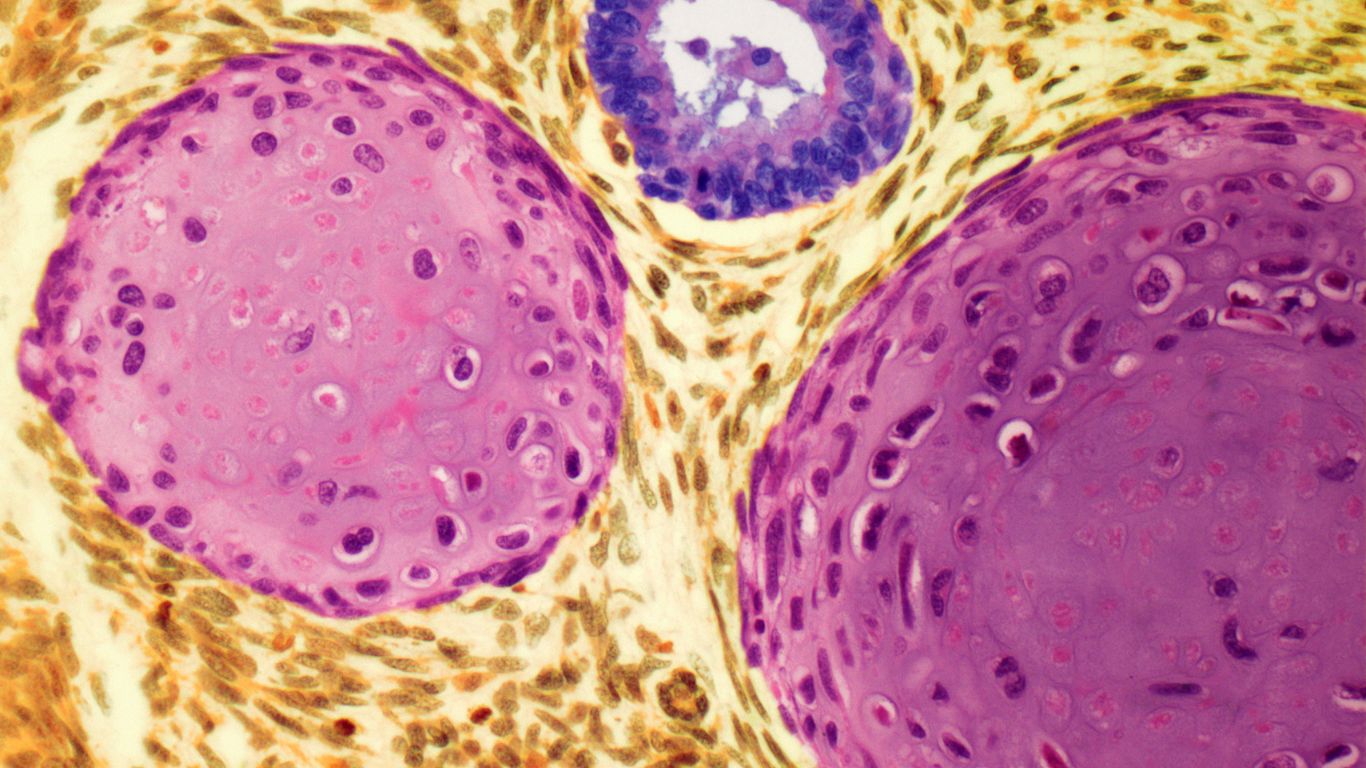Testicular Cancer
Testicular cancer is a relatively rare but highly treatable form of cancer that develops in the testicles, the male reproductive organs responsible for producing sperm and testosterone. This type of cancer typically affects younger men between the ages of 15 and 35, making awareness and early detection crucial. In many cases, patients may notice a painless lump or swelling in one of the testicles, prompting further investigation. Regular self-examinations and routine check-ups with a urologist can aid in early detection and significantly improve outcomes. We aim to empower you with knowledge about testicular cancer, its risk factors, symptoms, diagnosis, and treatment options, fostering a proactive and informed approach to your urological health. Our goal is to support and guide you through your journey with our expertise, ensuring the best possible outcome for your overall well-being.

Causes
Testicular cancer, while relatively rare, can have a profound impact on men’s health, making understanding its causes crucial for prevention and early detection. The exact origins of testicular cancer remain elusive, but certain risk factors have been identified. The most significant risk factor is undescended testicles (cryptorchidism), a condition where one or both testicles fail to descend into the scrotum during fetal development. Additionally, a family history of testicular cancer, personal history of testicular cancer in one testicle, and certain genetic conditions like Klinefelter syndrome may increase susceptibility. Age is also a factor, with the highest incidence occurring in young to middle-aged men. Although the precise interplay of these factors is complex, regular self-examinations, awareness of risk factors, and routine check-ups with urological professionals can contribute to early detection and successful treatment. Our urological clinic is dedicated to providing comprehensive care, including proactive screenings and personalized strategies for testicular cancer prevention and management.

Light Micrograph Of A Section Through A Teratoma Of The Testis
Treatment
The treatment of testicular cancer is a carefully orchestrated process designed to eradicate the disease while preserving optimal quality of life. The primary approach often involves surgical removal of the affected testicle, a procedure known as radical inguinal orchiectomy. This surgical intervention aims to eliminate the cancerous cells and assess the extent of the disease. Depending on the specific characteristics of the cancer, further treatments may be recommended. Adjuvant therapies such as chemotherapy or radiation therapy may be employed to target any remaining cancer cells or address the spread of the disease. The selection of treatment modalities is highly individualized, taking into account factors such as the stage of cancer, tumor type, and overall health of the patient. We are committed to providing compassionate and expert care throughout every stage of the testicular cancer journey, ensuring a comprehensive and personalized treatment plan tailored to the unique needs of each patient.

